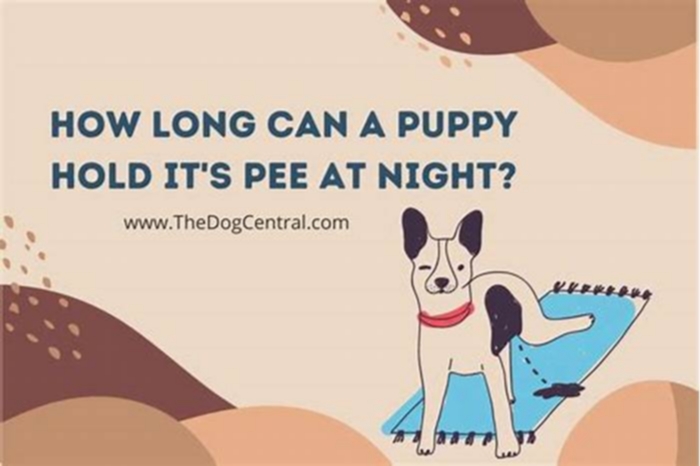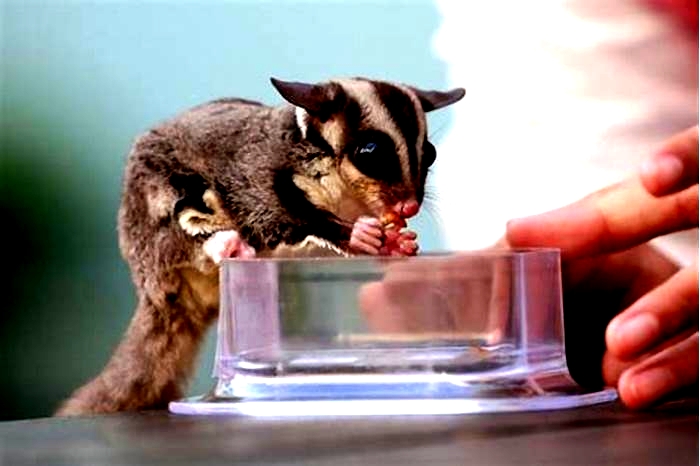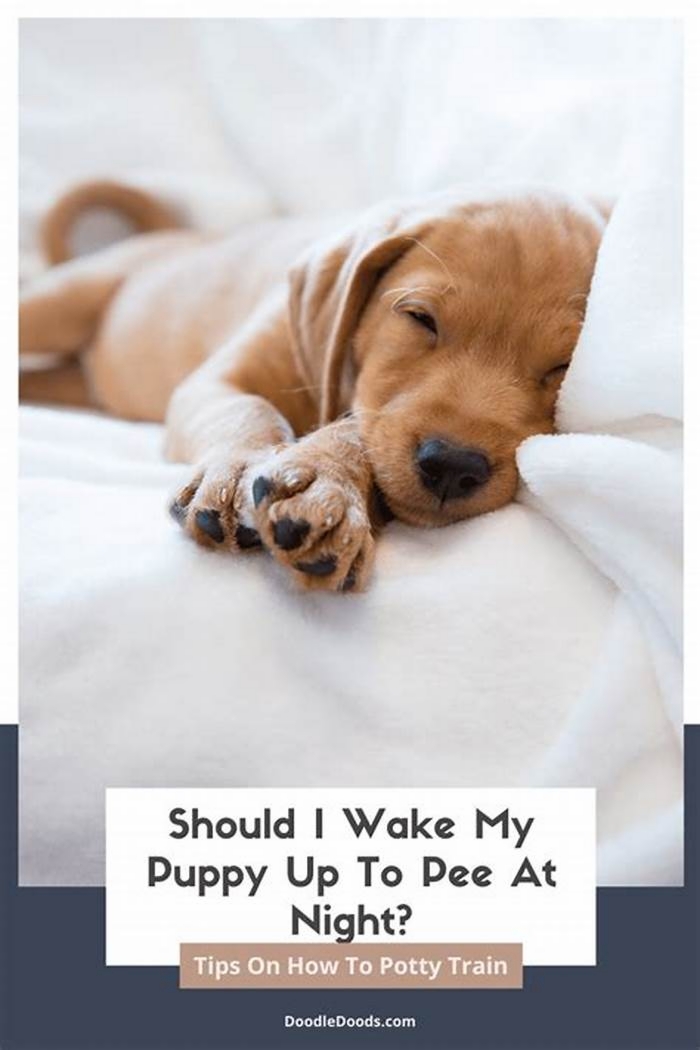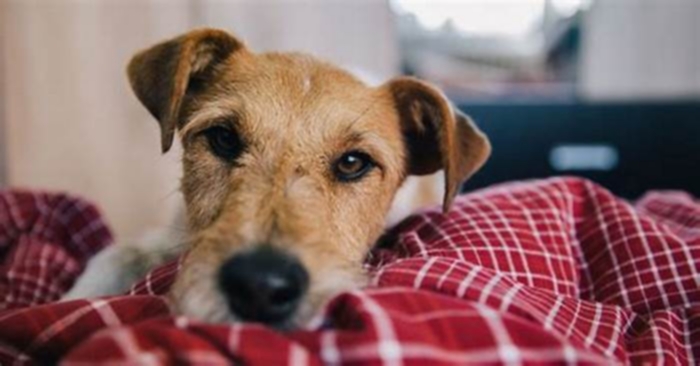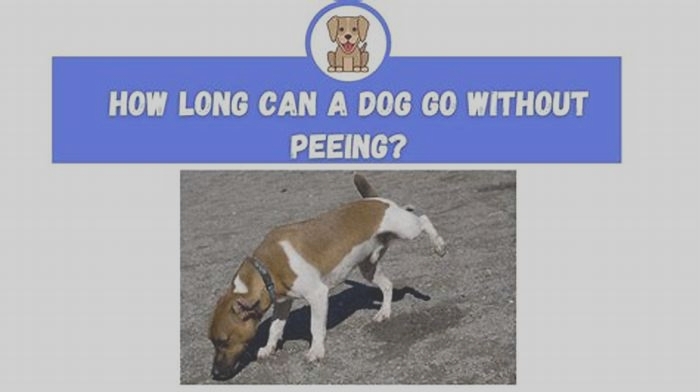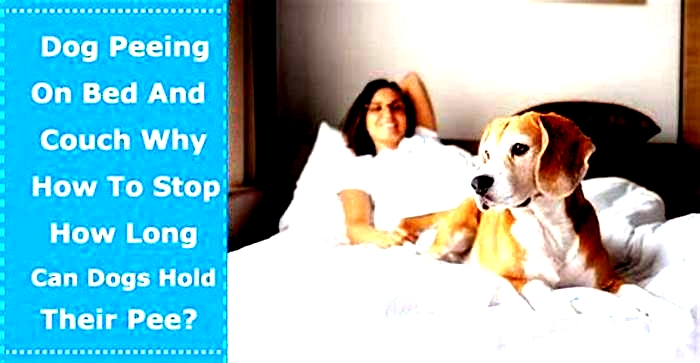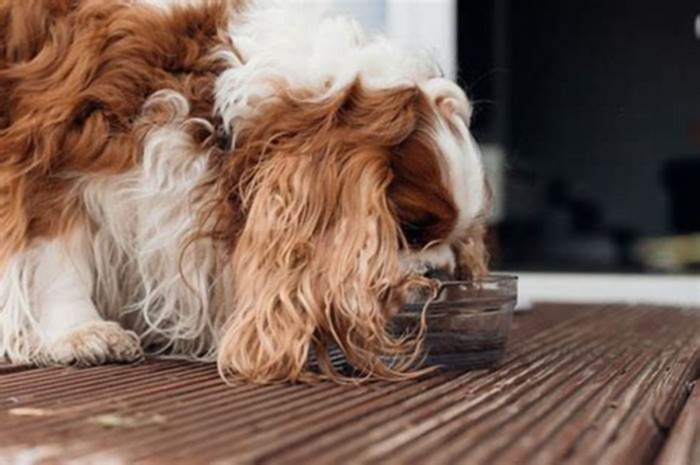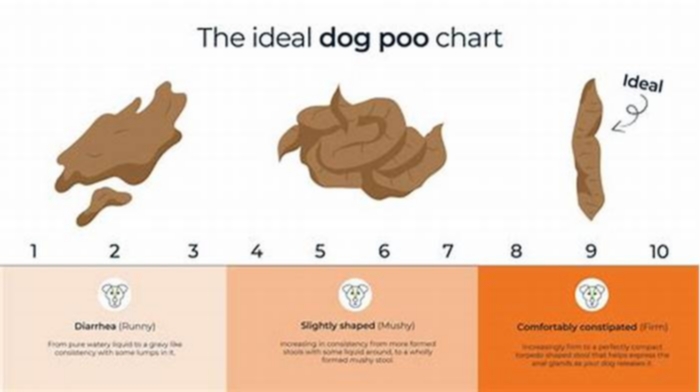How to train a dog not to poop at night
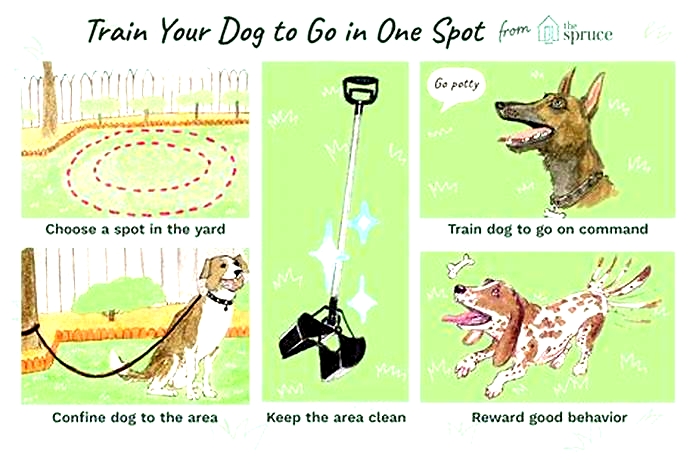
How To Stop Dog Pooping At Night
Getting your dog to stop his pooping in the night is certainly something that you would want to work on if you want to do away with cleaning the messes that he had created for you during the night.
Of course, if your dog knows to do his potty outdoors during the night without leaving his dropping everywhere, this could be a blessing for YOU!
If not, the following TIPS shared in this posting will help you greatly.
To stop your dog from pooping at night, make sure that you feed him early so that he is in time to do his pooping before sleep and also take him out for a night walk as exercise helps to make his bowels easier. Watch out for his diet (to avoid constipation and diarrhea) and do not overfeed him.
Watch Out On His Feeding Schedule
For a dog, it takes about 4 hours after eating for a poop.
Make use of this pooping schedule to your advantage to plan for the time that you should feed your dog so that he is free from pooping in the night.
Say for example, if you feed your dog at 5pm, this will provide him with ample time to digest his food and make his last elimination (around 9pm, based on the 4 hours digestion consideration) before he is off for bed.
With an empty stomach, this will reduce the likelihood of him having to go pooping in the middle of the night.
To help him with the digesting of the food, you can bring him out for a walk after his dinner.
Always remember to reward your dog when he does his pooping during the night walk. The goal is to make him associate that he will be getting praise or petting from you whenever he does his potty in the walk.
Dogs like to praise their owner, so by giving him your attention through praise and petting, you are positively reinforcing his behavior.
I would suggest that you should avoid giving your dog any treats as a form of reward because the goal of the walk is to clear his bowel. So NO food after his dinner.
Monitor His Diet
The type and amount of food that you feed your dog also plays a role in affecting how often he would do his poop.
What you feed him has to come out at some point, correct?
Keeping a lookout on your dogs stool will shed some valuable information that can certainly help you to address your dog pooping problems.
Types of Dog Stools
Watery Poop
This is often a sign of diarrhea and could be caused by your dogs body isnt adapting well to the food that you are feeding him.
It could also be due to environmental factors such as you are changing a new home or you have a new family member and that causes his anxiety.
Hard Pebble-Like Stools (Constipation)
If your dogs poop is of hard pebble form, its a sign of constipation. This is pretty common for dogs who are fed with commercial dry kibble.
Dry kibbles are often high in dietary fiber but often lack moisture and that could lead to hard dry poop. Also, if your dog is not getting adequate water intake, his poop would certainly be dry and hard.
More often, if your dog starts to poop in the night despite that you have made him do his potty before his sleep, and his poop is of watery type, he is having diarrhea.
The way to address is will be: (for watery poop)
Stop the dry kibbles food and get him on a diet that is gentle on his stomach.
Go for some plain steamed food such as broccoli and pumpkin and mix it with your dogs favorite meat type of food.
Add in more vegetables in his meal as the goal is to cleanse his body and help him solidify his stool.
And in case his poop is of hard pebble type, it would be constipation. Constipation could cause your dog to miss his usual pooping time and do his elimination at irregular hours.
He may not be able to do his pooping after 4 hours of having his meal and drag the pooping time into the night.
The way to address is will be: (for dry hard poop)
Get your dog to drink more water. If your dog is willing to drink from his water bowl, just make sure to refill the bowl when it is empty.
If your dog is refusing to drink water, try to give him some foods that are rich in water content such as green vegetables or steam mashed pumpkin which are rich in dietary fiber to help him smoothen his stool.
Avoid Overfeeding
Keep in control on the amount of food that you are feeding your dog, in particular for the evening meal if you want your dog to stop his pooping in the night.
Overfeeding your dog could put extra demand on his digestive system and upset his digestion. And that could lead him to delay his elimination before his sleep and do his potty in the night.
To ensure that you manage his diet, keep a record on what you are feeding him on his main meals, including treats and table scraps, so that you have a clear view of what he had for the day.
Exercise Helps To Make His Bowel Easier
Getting your dog involved in some physical workout daily is a necessity to ensure that he has a smooth bowel.
You see, exercise helps to prevent constipation in dogs by promoting healthy blood flow. This flow of blood will improve the movement of the digestive tract and allow food to be moved much more easily through the digestive system and get digested faster.
With a good digestive system, your dog will have no difficulty in performing his poop on time.
You can plan for some physical games such as playing fetch, chasing bubbles or playing flirt pole with him during the day.
As for the night activity, bring him out for a long walk about 4 hours after his dinner. So if he had his dinner at 5pm, bring him out for a walk around 9 pm.
The goal is to ensure that he does his pooping during the walk and has fully cleared his stomach. This will help to ensure that he will have a poop-free night.
Only bring him back home when he has done his elimination during the walk.
The idea is to make him learn that he would only be allowed to go back home if he does his elimination during the walk.
Put Him In A Crate For The Night
If your dog pooping problem is the result of him NOT potty trained yet, putting him in a crate will temporarily help you to address his pooping issue while you carry out his potty training.
You see, dogs dont like to pee and poop in the same place where they sleep. So by placing your dog in a crate, he would naturally try his best not to pee and poop in the crate during the night unless he couldnt hold his bladder any longer.
This is why its important that you have to make him empty his bladder right before his bedtime.
Once he is potty trained, you would not have to worry that he poops all over your house in the night as he would be able to make his trip outside to do his potty.
The disadvantage of having him in a crate is that he may whine and bark during the night when he needs to go for his potty since he is not able to move freely out of the crate to do his elimination.

simple training tricks
Every dog without exception - has a hidden intelligence inside. Its an untapped resource to help you remove just about any troublesome behavior.
Never Scold Or Yell At Him For Any Accident
As your dog is still in the process of potty training, it is inevitable that you would see accidents happening in your house.
Its important to keep calm and refrain from throwing your temper at your dog as this will make him think that the way to get your attention is through pooping.
And guess what he will do next? He will poop in the night whenever he wants to get your attention to ease his loneliness.
Conduct Proper Potty Training
Imagine you have a new dog who hasnt received proper potty training. Without consistent training and clear guidance, your dog may not understand where he is supposed to eliminate his poop.
This lack of understanding can lead to accidents indoors, especially during nighttime hours when he is left unsupervised.
Potty training is an essential part of raising a dog and will teach him the appropriate potty habits. It involves establishing a routine, using positive reinforcement, and consistent supervision.
For instance, you can set regular times throughout the day to take your dog outside to his designated potty area and reward him with praise or treats when he eliminates there.
However, if there have been inconsistencies in the training regimen, such as irregular potty breaks or mixed signals about where he should go, it can confuse him and make it difficult for him to learn proper elimination habits.
As a result, he may resort to pooping indoors during the night when he is left unsupervised.
To address this issue, it is important to revisit and reinforce the potty training process. This may involve going back to basics, re-establishing a consistent routine, and providing ample opportunities for your dog to eliminate outside during nighttime hours.
Additionally, using positive reinforcement such as rewards or praise when he do eliminate in the appropriate area can help reinforce the desired behavior.
With time, proper training, and reinforcement, your dog can learn where to eliminate his waste and reduce accidents indoors during nighttime hours.
Minimize Disruption or Change in their Routine
Disruptions or changes in a dogs routine can indeed lead to stress and anxiety, which may contribute to inappropriate elimination behavior. For example:
Lets say you recently moved to a new house. This change in environment can be overwhelming for your dog, as he needs time to adjust to their new surroundings.
During this transition period, he may feel anxious or uncertain, which could lead to nighttime pooping accidents. The unfamiliar smells, sounds, and layout of the new house might make him feel unsettled, causing him to have difficulty holding his bowel movements until morning.
To address this issue, its important to provide your dog with a sense of security and familiarity.
Establishing a routine in the new house as quickly as possible can help alleviate his anxiety. This includes maintaining consistent feeding times, exercise schedules, and potty breaks throughout the day.
By creating a predictable routine, you can help your dog feel more at ease and reduce the likelihood of nighttime accidents.
Additionally, you can make his new environment more comfortable by setting up a designated potty area or providing him with familiar items such as his bed or toys. These familiar scents and objects can help create a sense of familiarity and reassurance for your dog.
Remember, patience and understanding are key when helping your dog adjust to changes in his routine or environment.
By providing consistency, comfort, and positive reinforcement, you can help your dog overcome stress-related nighttime pooping and foster a healthier elimination routine.

Proven Training Tips
A PROVEN "Battlefield-Tested" system for creating an incredibly well-behaved, intelligent dog who follows your every command!
Discourage the Marking Of Territory
In some cases, dogs may poop indoors as a way of marking their territory. This behavior is more common among unneutered males but can occur in any dog when they feel threatened by unfamiliar scents or new additions to the household.
When a dog feels the need to mark their territory, they may use urine or feces as a way to establish their presence and communicate their ownership of a particular area. This behavior is instinctual and can be triggered by various factors, such as the presence of other animals or changes in the household dynamics.
For instance, lets say you recently bought a new pet into your home. The introduction of a new animal can cause your dog to feel threatened or insecure about his territory. In response, he may start pooping indoors as a way to mark their territory and assert his dominance.
To address this issue, its important to provide your dog with a sense of security and reassurance. Ensure that he has designated spaces and resources that he considers his own, such as a comfortable bed or toys.
Additionally, gradually introduce any new additions to the household, allowing your dog to adjust to the changes and reducing his need to mark territory through inappropriate elimination.
Neutering or spaying your dog can also help reduce territorial marking behaviors, especially in unneutered males. This procedure can decrease hormone-driven behaviors and lower the likelihood of indoor marking.
By addressing territorial marking behaviors through training, consistency, and providing a secure environment, you can help your dog overcome the urge to mark territory through indoor pooping and promote appropriate elimination habits.
Thoroughly Cleaned Up Past Accidents
Past accidents that were not thoroughly cleaned up might also be a factor behind repeated indoor pooping incidents.
Dogs have a highly developed sense of smell, and their keen noses can detect lingering scents that may not be noticeable to humans. Even if you have cleaned up the visible mess, the odor molecules from urine or feces can penetrate deep into porous surfaces, such as carpets or upholstery, and persist for longer periods.
To your dog, these lingering scents act as a signal that the area is an appropriate spot for elimination. As a result, they may continue to return to those specific areas to poop indoors.
To address this issue, its crucial to thoroughly clean and eliminate the residual odors from previous accidents.
Consider using enzymatic cleaners specifically designed to break down the organic compounds in urine or feces. These cleaners help eliminate the odor at the source, reducing the likelihood of your dog being attracted back to those areas.
In addition to cleaning, its essential to prevent access to previously soiled areas while you work on retraining your dogs elimination habits.
Block off or restrict access to those spots temporarily, using gates or barriers, until your dog consistently demonstrates appropriate outdoor elimination.
By addressing any residual odors from past accidents and providing consistent training, you can help break the cycle of repeated indoor pooping incidents and promote appropriate elimination habits for your dog.
Medical Issue
You should not leave out the possibility of your dog suffering from some health issue that leads to his uncontrolled pooping.
One of the common health issues happening to old dogs is their ability to control their bowel. As your dog ages, he gradually starts to lose control of his muscle tone and this leads to what is known as bowel incontinence.
He could also be suffering from a health condition known as canine cognitive dysfunction.
Dogs suffering from this disorder often forget what he had done previously (he may have already done his poop outside just before his bedtime) and still do his poop again when you bring him back home.

